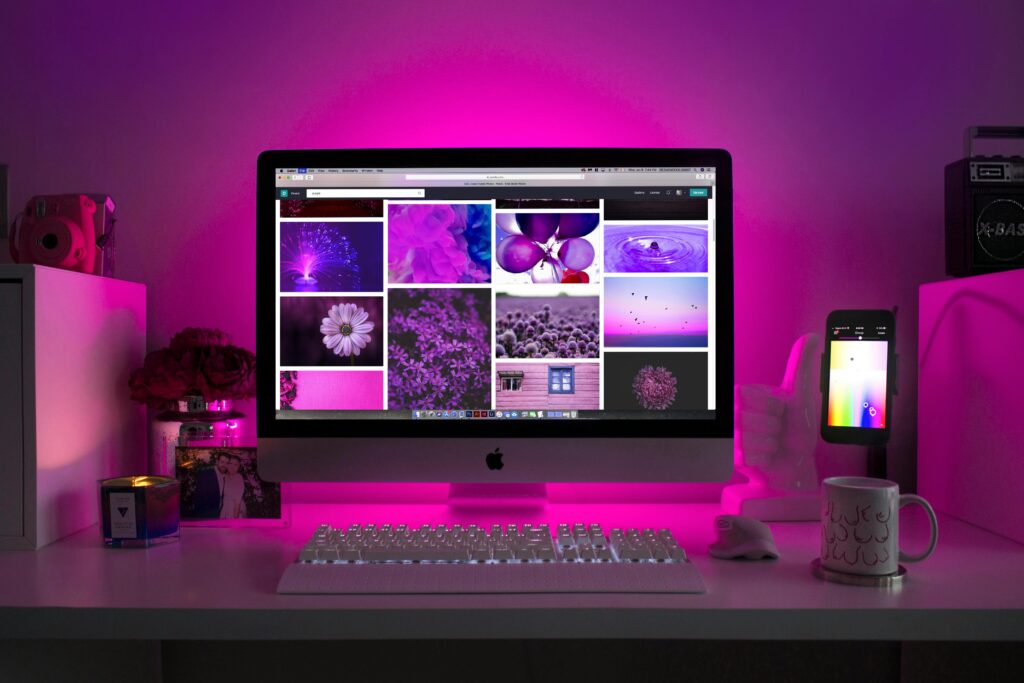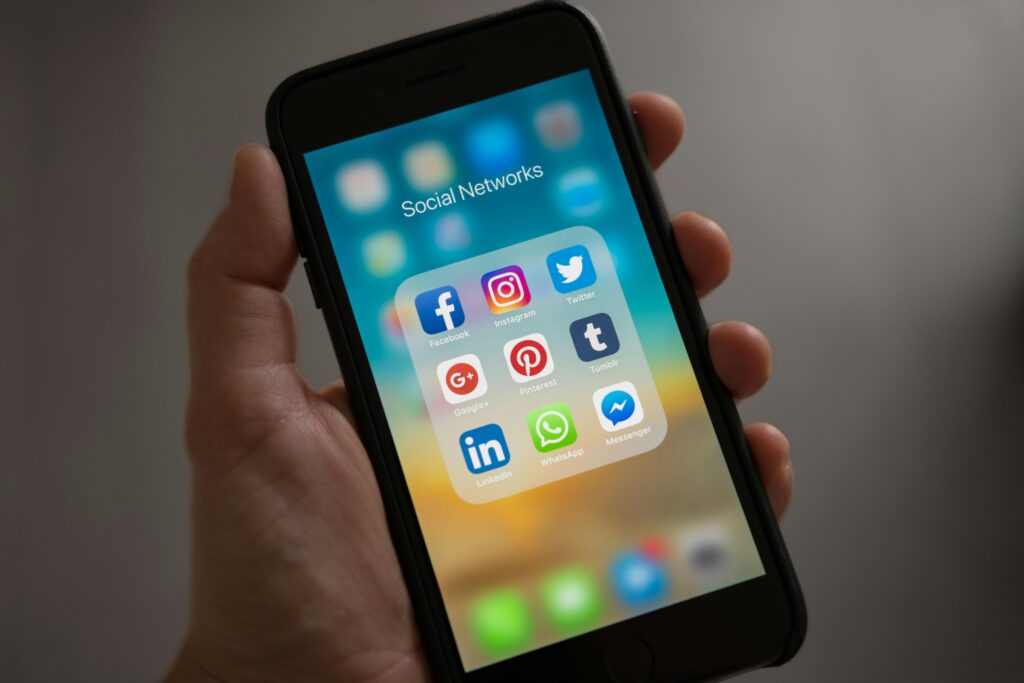In today’s competitive freelance world, standing out can feel like a challenge. However, knowing how to build a personal brand as a freelancer can be the key to success. In this guide, we’ll walk through the steps you can take to build a strong personal brand, ensuring you connect with clients and showcase your unique value.
1. What is Personal Branding for Freelancers?

Your brand is what you present to the world as who you are. It’s the image that reflects who you are, what you do, and why clients should choose you over others. For freelancers, personal branding goes beyond just a logo or business card—it’s about your reputation, work quality, and how people perceive your skills. A strong personal brand will help you build trust, attract clients, and differentiate yourself in a crowded market.
2. Why Freelancers Need to Build Their Personal Brands

Having a clear and consistent personal brand is essential for several reasons:
- Builds Trust: Clients want to work with someone they feel they know and can trust. A personal brand establishes your credibility.
- Creates Recognition: Your personal brand helps people remember you when they are thinking about your services.
- Attracts Ideal Clients: With a well-defined brand, you can attract clients who value what you offer, making your work more enjoyable and aligned with your strengths.
3. Define Your Unique Value Proposition
Your unique value proposition (UVP) is what sets you apart from other freelancers. To build a personal brand as a freelancer, you need to clearly define what makes you special. Ask yourself:
- What do I offer that others don’t?
- What are my strengths and expertise?
- How can I solve clients’ problems in a way that stands out?
Once you have these answers, make sure your UVP is the core of your personal brand.
4. Creating a Strong Online Presence
A strong online presence is vital for building a personal brand as a freelancer. This helps clients find you, learn more about your work, and understand your values.
4.1 Building a Personal Website

Your website is like your online business card. It should:
- Showcase your work (portfolio)
- Clearly state your UVP
- Include client testimonials
- own a classy appearance that suits your brand properly.
4.2 Leveraging Social Media Platforms

Social networking may be an additional powerful tool for personal branding. Utilize social media sites like Instagram, Twitter, LinkedIn, Youtube, and Facebook to:
- Share industry insights
- Network with potential clients
- Show off your knowledge and interact with the crowd.
5. Consistency is Key: Maintain a Cohesive Brand Message
Consistency is essential in building a personal brand as a freelancer. Ensure that your messaging, design, and values remain the same across all platforms—whether it’s your website, social media, or client communications. This helps you stay recognizable and trusted in the eyes of your audience.
6. Showcase Your Work and Success Stories
Potential clients want proof of your skills. To build a personal brand, regularly showcase your past projects and share success stories. Case studies, testimonials, and portfolio highlights are great ways to let your work speak for itself.
7. Building a Network and Establishing Credibility

Networking is an excellent way to grow your brand. Participate in online forums, go to industry events, and build relationships with other professionals. The more you network, the more prominent and credible you will become in your profession. The reputation of your personal brand can also be enhanced by recommendations from your network.
8. Advice on Building Your Brand with Content Marketing
Content marketing is one of the most effective strategies to build a personal brand as a freelancer. Create content that showcases your knowledge and expertise, such as:
- Blog posts
- Social media content
- Video tutorials
- Webinars
You’ll become more of an authority in your profession by doing this.
9. The Role of Testimonials and Client Reviews

Client testimonials and reviews add social proof to your personal brand. Encourage satisfied clients to leave feedback on your website or LinkedIn profile. Positive reviews build trust and can convince potential clients to work with you.
10. Authenticity: Match Your Brand to Your Principles
When it comes to your personal brand, you have to be loyal to yourself. Establishing enduring connections with clients requires authenticity. Stay true to your values, and make sure your brand aligns with what you believe in. Clients are more likely to work with someone they feel is genuine and trustworthy.
11. Continuous Growth: Evolving Your Brand Over Time
As your freelance career grows, so should your brand. Don’t be afraid to evolve. Update your skills, rebrand if necessary, and always look for ways to improve. Personal branding is a continuous process, and adapting to new trends will help you stay relevant.
To learn more Click




